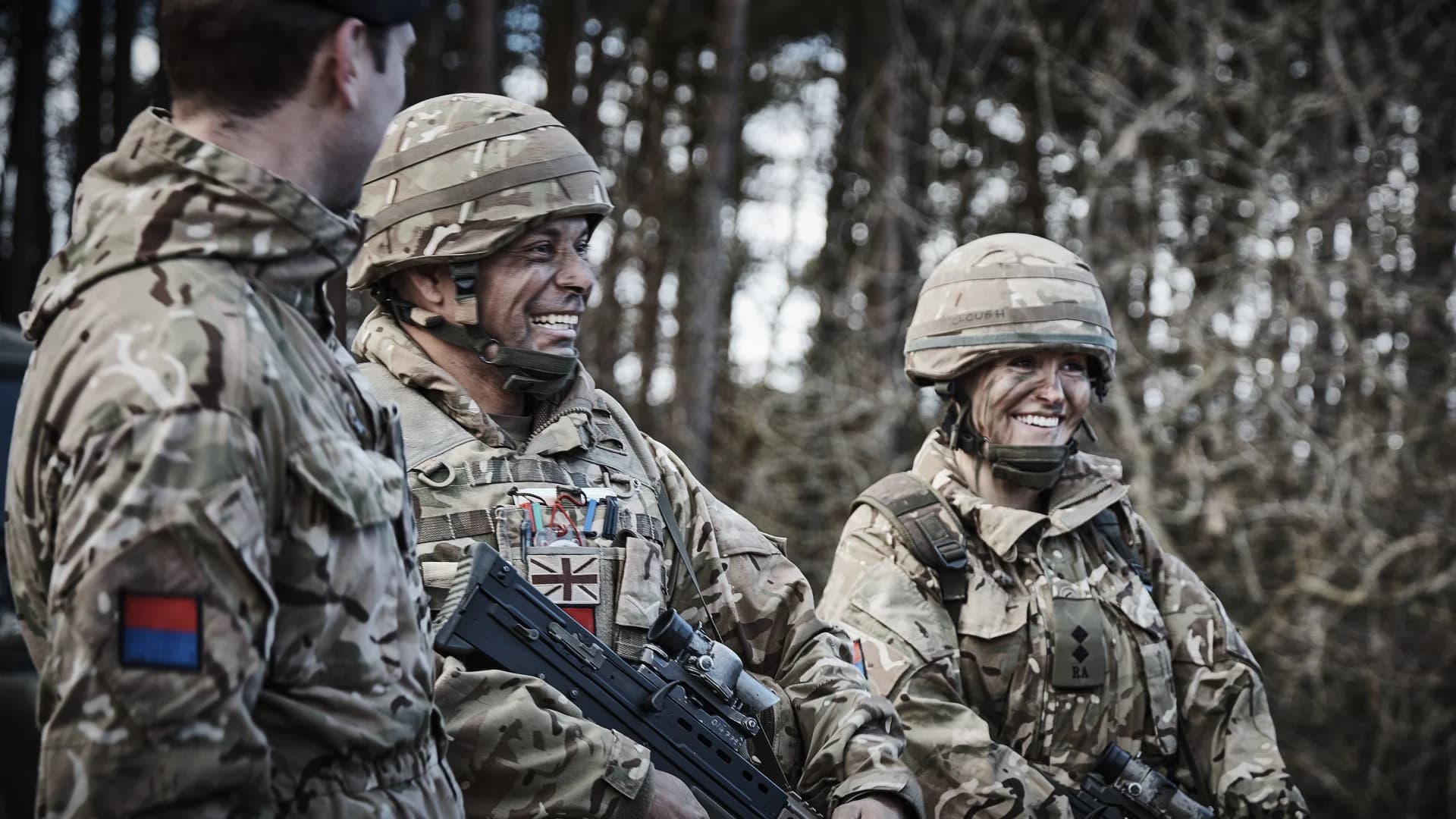
What are the main differences between intelligence officers vs intelligence NCOs. I would like to work with HUMINT.

Anonymous asked a question to Communications, Intelligence and IT Roles
Category: Role Comparison
Date asked: Thursday, November 7, 2019
Last reviewed: Sunday, April 19, 2020
Paul I.
Intelligence Officer
Hi. Good question, and one that we often hear.
The main difference is in the division of responsibilities. As an officer, you are first and foremost a leader and manager. This means that you will spend approx. 50% of your time on management, with the other 50% focused on intelligence activities. This may flex from role to role - most but not all of our officer roles come with command responsibilities and officers do occasionally find themselves in liaison or analyst roles without soldiers.
As an Intelligence Analyst, your first few posts will be almost 100% focused on intelligence work. As you promote, expect this to move towards a 50/50 split.
I've loved being an Intelligence Officer. From day one you can have a meaningful and positive impact on the lives of your soldiers, plus the intelligence work involves managing a team to problem solve. Rather than get into the weeds of a particular question, you tend to breakdown the intelligence problem into smaller parts that can be given to individual analysts. Putting the puzzle together and briefing it to a Commander - particularly when you are using multiple sources of information - is really exhilarating and rewarding.
If you'd like to know more and speak to an Intelligence Corps officer or soldier, call 01462 752135.
Monday, November 18, 2019

Katie -.
Staff Officer - Projects for People
You may also find speaking to your local Army Careers office helpful as they may be able to direct you to online discussions on this.
Sunday, April 19, 2020
This discussion is closed, so no new comments can be added.